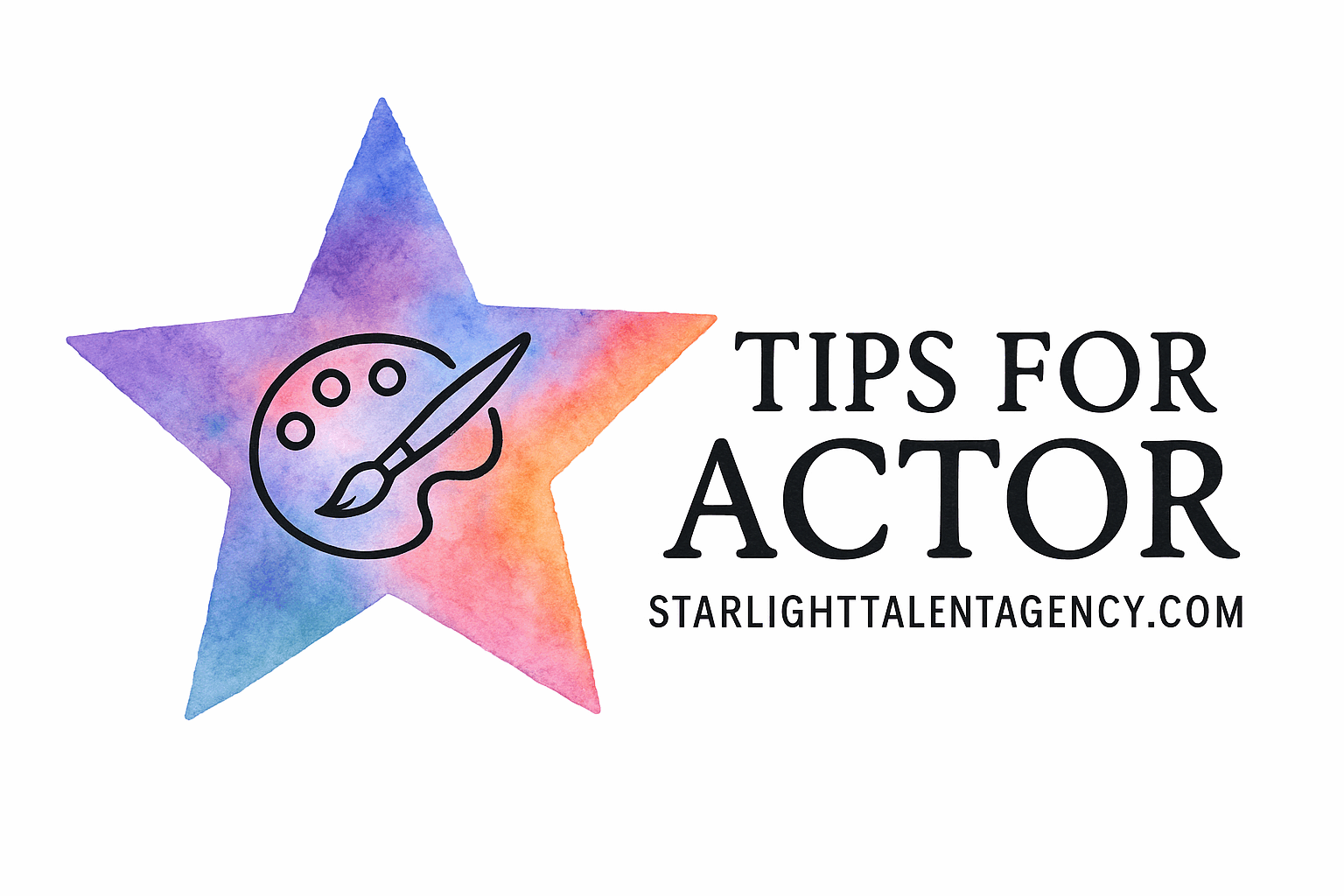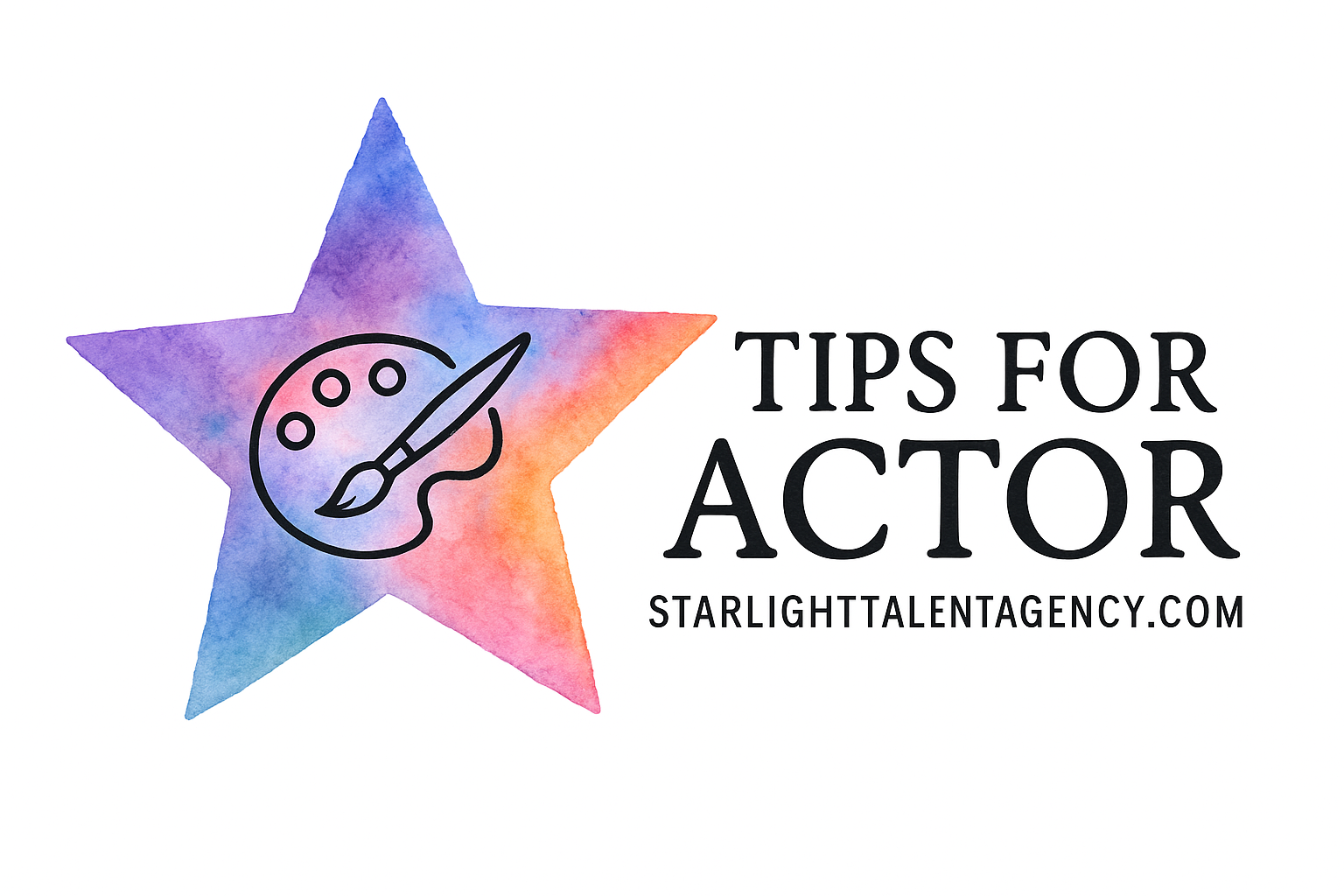Introduction
Every actor faces the thrilling yet nerve-wracking challenge of delivering a monologue. Whether it’s for an audition, stage performance, or on-camera role, your monologue delivery can make or break your first impression. It’s not just about memorizing lines — it’s about transforming words into an authentic emotional experience that captivates your audience.
If you’ve ever wondered how professional actors make their monologues feel so effortless and alive, the secret often lies in expert coaching. In this article, we’ll explore five powerful coaching tips for actor monologue delivery that can help you perform with confidence, authenticity, and impact.
Understanding the Power of a Monologue
What Is a Monologue?
A monologue is a single character’s extended speech — an intimate moment where the performer reveals their thoughts, emotions, or conflicts. Think of it as your character’s spotlight moment: a deep dive into their soul.
In auditions, monologues are the ultimate test. They show casting directors your range, control, and ability to connect emotionally with material.
Why Monologue Delivery Matters
Delivering a monologue isn’t just acting; it’s storytelling at its purest. Great delivery reflects your understanding of character, rhythm, emotion, and intention. A flat performance can lose attention in seconds, while a compelling one lingers long after it ends.
It’s here that good coaching comes in. For example, if you’re working with an agency like Starlight Talent Agency and focusing on advancing your audition skills, understanding the fine art of monologue delivery becomes essential. (You might explore their Advanced Audition Skills or Audition Preparation Basics pages for more context.)

Coaching Tip #1: Master Script Analysis
Break Down the Text
Before you even start performing, dissect the script. Ask yourself: What’s happening in this moment? What does my character want? What are they afraid of?
Analyze every beat. Understand every word’s purpose. A solid grasp of subtext allows you to play truthfully, not mechanically. As mentioned in standard audition-prep guidelines, reading the sides and script in full gives you a real edge. StarNow+2StageMilk+2
Identify Objectives and Obstacles
Every monologue revolves around objectives — what your character wants — and obstacles — what stands in their way. This dynamic drives emotional tension.
For example, when preparing to work with the Character Development mindset, identifying those layers is crucial. Identify your own scene’s emotional tug-of-war to give your performance depth.
Discover Emotional Beats
Emotional beats are shifts in feeling or intention. Maybe your character starts hopeful and ends in heartbreak. Recognizing these transitions gives your performance natural flow and keeps your audience hooked.
Coaching Tip #2: Develop Authentic Characterization
Research Your Character Deeply
True authenticity comes from understanding your character beyond the script. Research their background, relationships, and motivations. Ask yourself:
- What happened before this moment?
- What’s at stake right now?
- How does my character’s history shape their behavior?
Connecting this back to the broader actor toolkit (such as the resources found under Career Growth), you’ll see how a deeper character sketch supports long-term success.
Connect Emotionally with the Role
Acting isn’t pretending — it’s believing. Emotional connection bridges the gap between actor and character. Use sense memory or personal experiences to fuel genuine emotions during your performance.
When you feel it, your audience does too.
Use Character Physicality to Enhance Performance
Character isn’t just in your words — it’s in how you move. The way your character walks, breathes, or even fidgets reveals who they are. Practice your role physicality until it feels second nature.
Remember: physical choices support your monologue delivery rather than distract from it.
Coaching Tip #3: Strengthen Vocal and Physical Expression
Warm-Up Exercises for Vocal Control
Before stepping into character, warm up your voice. Simple exercises like humming, tongue twisters, and breath control drills improve clarity and endurance. A flexible voice lets you express a wide emotional range without strain.
Body Language and Gestures
Your body speaks volumes. Use gestures intentionally to reinforce emotions, not distract from them. Avoid repetitive or unnatural movements — instead, find physical choices that serve your character’s truth.
The Power of Pause and Pacing
Silence can be as powerful as speech. Strategic pauses give your words weight and emotion. Likewise, adjusting your pacing — slowing down in vulnerable moments, speeding up during excitement — adds rhythm and realism.
These techniques elevate your actor monologue delivery from “good” to “memorable”.
Coaching Tip #4: Practice Self-Tape Mastery
Set Up a Professional Audition Space
Self-taping has become the norm. It’s not just about acting — it’s about presentation. Invest in good lighting, a neutral background, and clear audio. A clean, distraction-free setup lets casting teams focus entirely on your performance.
For resources, check out the “Self-Tape Mastery” section on the agency’s site: Self Tape Mastery.
Dress the Part and Mind Lighting
Choose wardrobe colors that match your character’s essence but don’t distract from your face. Natural or soft lighting can highlight expressions and make your tape feel more professional.
Review, Record, and Refine Your Performance
Don’t settle for your first take. Watch recordings critically. Notice your facial expressions, vocal tone, and pacing. Adjust until your performance feels natural and emotionally alive. The process mirrors how acting coaches guide you in “acting confidence” and “acting flexibility” work.
Coaching Tip #5: Build Confidence Through Repetition and Feedback
Practice Regularly Under Pressure
Rehearsing in front of others — friends, coaches, or peers — helps you handle nerves. The more you perform under pressure, the less intimidating auditions become.
Accept and Apply Constructive Criticism
Feedback isn’t failure. It’s fuel for growth. Listen to trusted mentors or acting coaches who can identify blind spots and guide improvement. Think of it as part of your career-mindset toolkit (see tags like “career-mindset”).
Develop a Growth-Oriented Mindset
Acting is a journey, not a destination. Every performance teaches you something new. Stay open, curious, and patient — growth takes time, but consistency always pays off.
When you incorporate this into your actor monologue delivery strategy, you’ll build not only one strong performance, but a sustainable career.
Common Mistakes in Monologue Delivery
Overacting or Underacting
Exaggeration can feel fake, but holding back makes you forgettable. The sweet spot is emotional truth — real, raw, but controlled.
Ignoring the Subtext
What’s not said often matters more than what is. Don’t just recite lines — live in the thoughts between the words. Good coaches emphasize script-analysis and subtext for exactly this reason.
Neglecting Technical Elements
Bad lighting, muffled audio, or sloppy framing can ruin even great performances. Remember: professionalism begins with preparation. This is especially true when you’re doing self-tapes or remote auditions.
Expert Insights from Acting Coaches
Real-World Coaching Scenarios
Acting coaches emphasize authenticity, preparation, and presence. They often train actors to approach monologues as living conversations, not rehearsed speeches.
Key Takeaways from Professional Actors
Successful actors stress the importance of self-awareness and adaptability. The more you understand yourself, the more truth you bring to your characters. In other words: the more you invest in your actor monologue delivery, the more you’ll stand out.
Conclusion
Delivering a memorable monologue isn’t just about skill — it’s about connection, commitment, and courage. When you combine technical precision with emotional honesty, your performance transcends words.
Whether you’re performing live or recording a self-tape, use these five coaching tips for actor monologue delivery to bring your characters to life and leave a lasting impression.
FAQs
1. How long should an audition monologue be?
Most casting calls prefer monologues between one to two minutes, long enough to showcase range but short enough to stay engaging.
2. What’s the best way to memorize a monologue?
Break it into emotional beats, rehearse daily, and use physical movement to reinforce memory.
3. Should I use props during a monologue?
Keep it minimal. Focus should stay on your acting, not the prop.
4. How do I choose the right monologue?
Pick one that matches your age, type, and emotional range, and resonates personally with you.
5. What should I wear for a self-taped monologue?
Choose solid, neutral colors that contrast subtly with your background and reflect your character’s essence.
6. How can I calm nerves before performing?
Practice deep breathing, grounding exercises, or visualization to center your focus.
7. What makes a monologue truly unforgettable?
Honesty. When your performance feels real and connected, your audience will remember it long after it ends.

